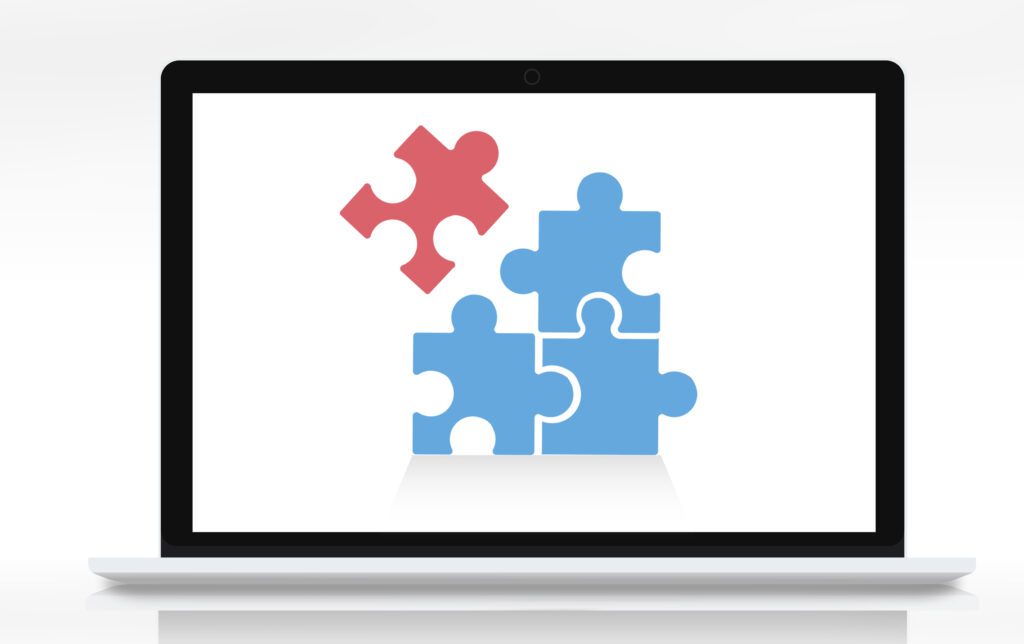NBCUniversal built a first-party identity platform that includes 50 million households and 150 million individual consumers to bolster its cross-platform targeting.
The platform, dubbed NBCUnified, is the backbone of NBC’s One Platform proprietary technology stack that spans the media campaign lifeline, from planning to measurement. Launched at CES Wednesday, the NBCUnified identity spine will officially debut in Q2.
“The platform was built to drive greater efficiency and effectiveness in advanced targeted advertising,” said NBCU Chief Data Officer John Lee, who joined NBCUniversal in July to lead this project. “The challenge is figuring out how to unify that [scattered] data into a single ID and commercialize it.”
NBCUniversal has been working on that challenge for years. After launching One Platform in 2020, it debuted a clean room last year, NBCU Audience Insights Hub. The product allows marketers to run privacy-safe queries across NBCUniversal’s linear and digital audience data.
Like its clean room product, NBCUnified takes a collaborative but privacy-safe approach to data sharing. First, NBC built a platform of IDs that unites the network’s vast consumer base, from live sports fans to Peacock streamers, and their touch points into a single database.
The NBC ID database currently boasts an estimated 50 million households and 150 million individual consumers at a known ID level, Lee said.
Deterministic, individual NBCU IDs are expected to exceed 200 million next year.
Those IDs are enriched with information about what a consumer does on the NBCU platform as well as off the platform.
NBCUnified data marketplace houses a vat of touch points gleaned from the billions of interactions NBCU sees each month, combined with third-party data from licensed providers.
“[It] starts with a base of thousands of consumer attributes across preferences, consumption and core demographics consolidated against a single ID,” Lee said. “But other shopping, behavioral and graphic elements are drawn from our first-party data and made available.”
Using those additional audience insights, marketers can show more relevant ads, which means NBCU viewers receive a more personalized watching experience.
“[Generating custom insights] fuels the personalized experience of that consumer as they interact with our brand, [which] helps to support our advertisers activating media plans across all channels,” Lee explains.
NBCU’s identity approach will differ from walled gardens, because it aims to make its data accessible via clean rooms and a partnership-driven approach.
“If you think about other players who have first-party data to scale, it brings to mind walled gardens,” Lee said. “Through the clean room, we’re creating a level of access and interoperability that’s just not available in those walled gardens.”
Brands, their agencies [and] their analytics partners can bring their own first-party data to the clean room and create audience insight segments and predictive targeting models, Lee said, getting everyone to speak the same language in a rapidly evolving, fragmented space with multiple players.













